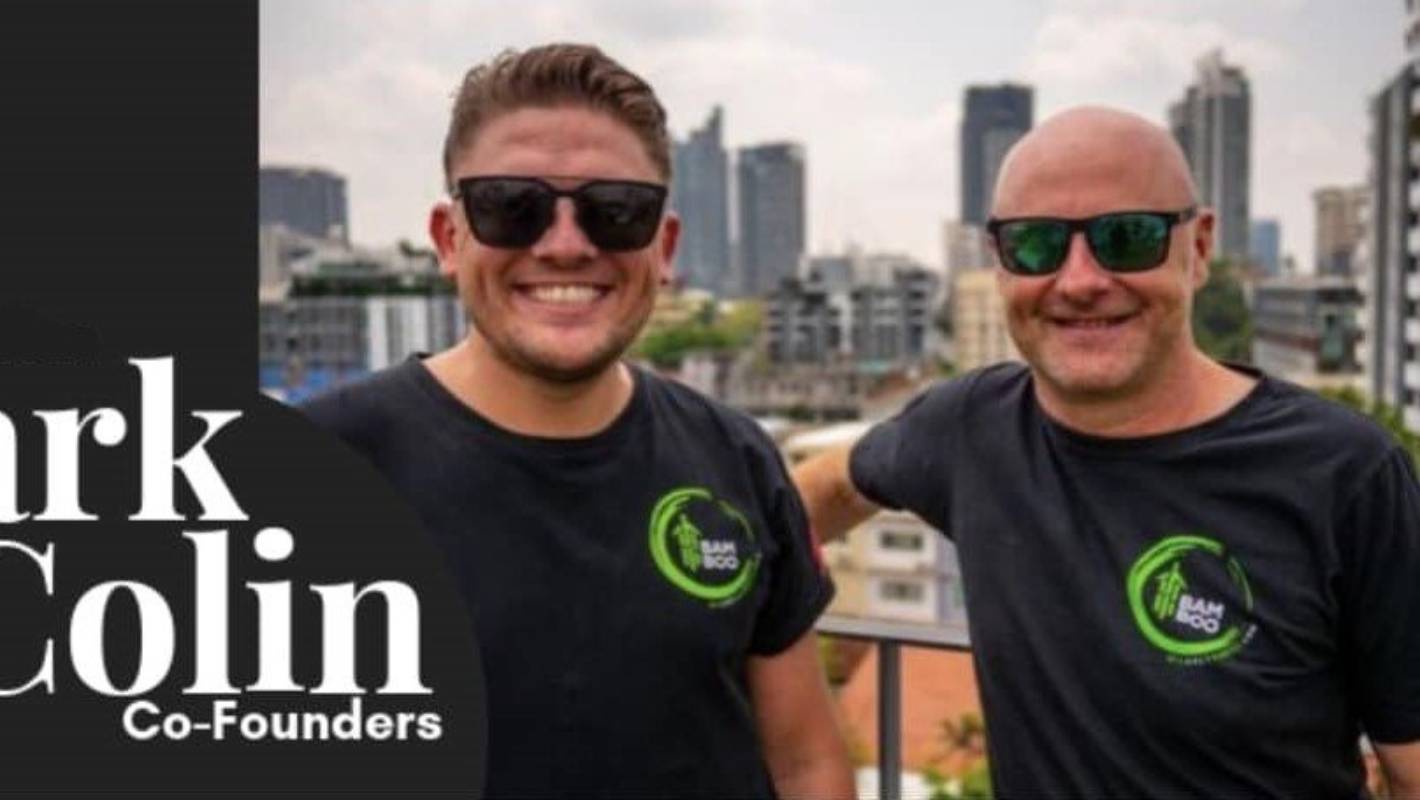Wellington eco-travel business We Are Bamboo is in liquidation owing customers around the world an estimated $2.5 million.
The travel company stopped operating in late October owing hundreds, potentially thousands, of customers money for packages that had already been paid for.
Liquidator BDO has released its first report, which showed Wearebamboo Ltd had $116,264 in bank accounts and $28,275 in related party loans.
It had received “a number” of claims relating to the We Are Bamboo and estimated customer losses were around $2.5m.
READ MORE:
* Quench Collective liquidators and Liberty Brewing in stoush over $80k worth of beer stock
* Fly My Sky owes creditors more than $800,000, including out of pocket customers
* Court may decide fate of money owed to STA Travel customers
We Are Bamboo operated as a travel agency offering tours initially throughout southeast Asia before expanding to several other countries.
The tours included philanthropic endeavours such as volunteering in the host communities, mainly in developing countries like Vietnam, Bhutan, Thailand, India, Costa Rica and Bali.
Most of the We Are Bamboo’s customer base was in the United Kingdom, the United States, Canada and Australia, with few New Zealand travellers.
The company is co-owned by Colin and Joanne Salisbury, of Lower Hutt, and UK-based Mark Foster-Murray.
In late October, they sent a letter to customers saying the “dream had come to an end”, blaming the pandemic and also the negative publicity from the online social media page.
“With travel being shut down for two-plus years, our industry has been decimated beyond recognition. We had to keep the lights on during this time, and our global teams looked after,” the letter says.
Josh Martin
Thailand’s world-famous beach is back open following a three-year tourism hiatus (video published January 2022).
Disgruntled customers posted social media pictures showing Foster-Murray’s lavish wedding in a Cardiff Castle in 2020 and Salisbury’s posts about building a yacht to sail around the world.
Stuff last month contacted Salisbury via email, cellphone and text message, but he has not responded. A reporter also visited his upmarket house in Lowry Bay, which has a rateable value of $1.43m, and was told by a woman at the address that he did not want to talk to media.
It is believed Mark Foster-Murray lives in Thailand and the UK, but could not be contacted. He has taken down his social media profiles, which previously showed a new house built in Thailand, expensive holidays and a luxury wedding in Wales in 2021.
The liquidator’s report outlined how “as with many other businesses in the travel and tourism sectors”, We Are Bamboo was under pressure from Covid-19 travel restrictions and pushed out many planned tour dates throughout 2020 and 2021.
The liquidators said some customers became frustrated with continued delays and requested refunds “which the company rejected on the grounds of their terms of trade”.
“Negative perception associated with this caused a downturn in bookings and therefore cashflow.”
Customer Liz Wheeler lost $4700 and was not optimistic of getting her money back through the liquidators, or the bank through which she made her transactions.
She had seen the liquidators report was left with one question: “Where did all our money go?”
“Think of all those people around the world who have lost much more than me.
“It’s a shameful thing that’s happened here.”
BRYA INGRAM/STUFF
Liz Wheeler has been caught by the We Are Bamboo collapse that has affected hundreds, possibly thousands, of travellers around the world.
Wheeler said she had made a claim to the liquidator as an unsecured creditor and had written to the Minister of Consumer Affairs about the situation.
The liquidator’s report said its closure “was not well received” by customers who continued to ask for refunds for tours that had been paid for in advance and in some cases took proceedings to the Disputes Tribunal.
A “considerable number of disputes” were lodged with banks and financial institutions, the report said.
Ministry of Social Development records show the company received about $32,000 in Covid-19 wage subsidies from the Government during the pandemic.
The Bamboo Foundation, registered by Salisbury, was deregistered as a charity in December 2018 because it failed to file annual returns as required by the Charities Act.
Salisbury has been the director and shareholder of 11 companies that have been removed from the Companies Office registry.
